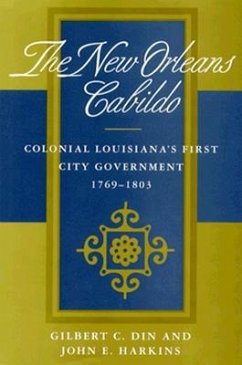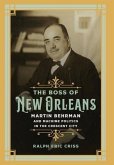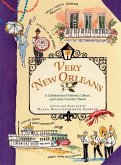The Cabildo -- New Orleans' unique Spanish city government -- touched the life of every citizen of the city during its thirty-four years of existence, and its decisions often had an impact on the administration of Louisiana far beyond the confines of New Orleans itself. Moreover, its archival records, with lavish and detailed information about every aspect of life within Spanish New Orleans, are the richest of any city in the Spanish Borderlands. Yet curiously, until now there has been no thorough analysis of this influential institution.In The New Orleans Cabildo, Gilbert C. Din and John E. Harkins have filled that scholarly gap and made a significant contribution to our understanding of the Spanish hegemony in Louisiana. New Orleans, which had been a small, isolated, and insignificant town under the French grew to be a thriving center of trade, communications, and economic activity under Spanish rule. Din and Harkins examine the offices and personnel of the Cabildo and explore its vast responsibilities in the areas of justice, medicine and health, public works, land grants and building regulations, ceremonial and liaison duties, regulation of markets and food prices, and treatment of slaves and free blacks, among others. They also review the difficulties encountered by the Cabildo and the ways it responded to the city's -- and the colony's -- economic, legal, social, and military problems.Through careful and thoughtful utilization of documents from archives in Louisiana and Spain -- particularly minutes from the Cabildo meetings -- Din and Harkins have produced in The New Orleans Cabildo a model history of a complex and all-encompassing institution.
Hinweis: Dieser Artikel kann nur an eine deutsche Lieferadresse ausgeliefert werden.
Hinweis: Dieser Artikel kann nur an eine deutsche Lieferadresse ausgeliefert werden.





![Account of the Voyage of the Ursulines to New Orleans in 1727 [microform] Account of the Voyage of the Ursulines to New Orleans in 1727 [microform]](https://bilder.buecher.de/produkte/71/71658/71658649m.jpg)


